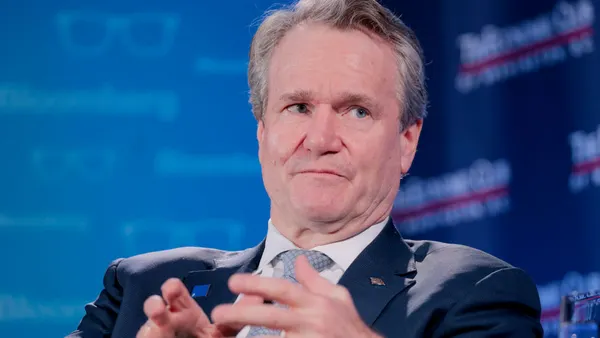Dive Brief:
- Eighty-four percent of hiring managers say they’ll provide higher salaries to candidates who have skills in high demand, according to business consulting firm Robert Half’s 2026 Salary Guide, which was released Monday.
- Hiring managers identified artificial intelligence, machine learning and data science; public accounting, tax, audit and assurance; and content strategy, digital project management and marketing analytics as among the top areas where salary premiums will be offered.
- “Specialized skills are the currency of today’s job market,” Dawn Fay, operational president of Robert Half, said in a news release. “To attract and retain in-demand talent, employers must provide competitive pay along with meaningful benefits and perks or risk losing top candidates if their offers don’t measure up.”
Dive Insight:
Almost 3 in 4 hiring managers of the nearly 2,200 surveyed say they are worried about meeting candidates’ salary expectations, and generally they say total compensation will play a larger role in recruiting.
Half of companies expect that offering new benefits and perks will be effective in recruiting next year.
“While offering a competitive salary is imperative, it shouldn’t be the only consideration,” Fay said. “Employers who embrace both monetary and non-monetary perks and benefits will stand out to candidates who are evaluating offers.”
If offered the same base pay as they currently have, candidates said financial incentives, work-life balance perks, retirement planning and health and wellness offerings could entice them to switch employers. In fact, 53% of the nearly 2,000 candidates surveyed said they would switch jobs for better financial incentives like bonuses and stock options.
A Sept. 3 report from The Conference Board had similar findings to Robert Half, indicating that companies are focusing their investments on critical skills and positions. Companies are being more strategic about how they spend their salary dollars and are “channeling budgets into roles and skills that really move the needle — like critical capabilities and internal upskilling,” a leader at The Conference Board said at the time.
















